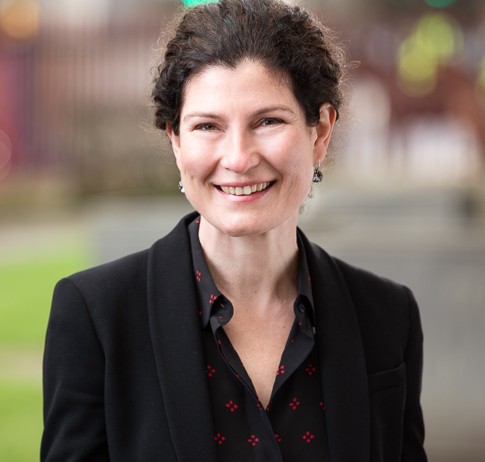One of the most controversial aspects of the Government's response to the Grenfell tragedy on 14 June 2017 including its draft legislation (published last July for industry scrutiny and discussed in the article 'The Draft Building Safety Bill – An Overview & Pre-legislative Scrutiny') is the unresolved question of who is responsible for paying for the remediation of historical safety defects in high rise buildings and how this should be financed.
This question has been described both as 'a legal quagmire' and 'one of the biggest risks to implementing building safety reform', impacting on how quickly the necessary work can be carried out together with the obvious safety and financial consequences for residents, especially those living in privately owned blocks.
London's Mayor, Sadiq Khan, has been far from silent on this issue and has repeatedly, since the tragedy, called on the Government to accept that responsibility for funding building safety work must lie firmly at its door, so that under no circumstances should residents have to pay for the cost of making their own homes safe. More recently he has cast the net wider – in September 2020 he wrote to 40 private landlords demanding that they commence the removal of dangerous ACM cladding from their buildings and, just after Christmas, further acknowledging that 'we cannot deny the role that industry has played in making decisions that have compromised the safety of buildings'.
Government figures from December reportedly showed that 74 tower blocks clad in Grenfell-style ACM cladding have not yet started work to replace the material. So, as three and half years on, thousands of residents in high-rise blocks continue to face an uncertain future, often unable to sell and not knowing how past defects will be paid for, the Mayor has called on the Government to introduce a one-off 10% levy on major private property developers' profits to raise funds for the crucial replacement work.
Analysis by City Hall has shown that the pre-tax profits for publicly listed housebuilders was £30bn over the last ten years. The levy would therefore raise at least £3bn to carry out the vital remediation work. In order to ensure that the levy does not impact future development and is paid in full, the Mayor is proposing that it is paid over ten years. In effect, this would reduce the typical profit margin that developers make on new homes from 20% to 18.7%, which he considers to be a 'minimal impact on developer profits but would prove life changing for London leaseholders'. Whether there will be wider support for the levy remains to be seen.
The levy will not apply to housing associations and is not anticipated to apply to SME developers – it is expected that a profit threshold would apply in order to identify major developers. However, the details of the proposal are to be fine-tuned and, as the Mayor has no power to implement the levy himself, it will be another crucial review item for the Government's building safety agenda.

